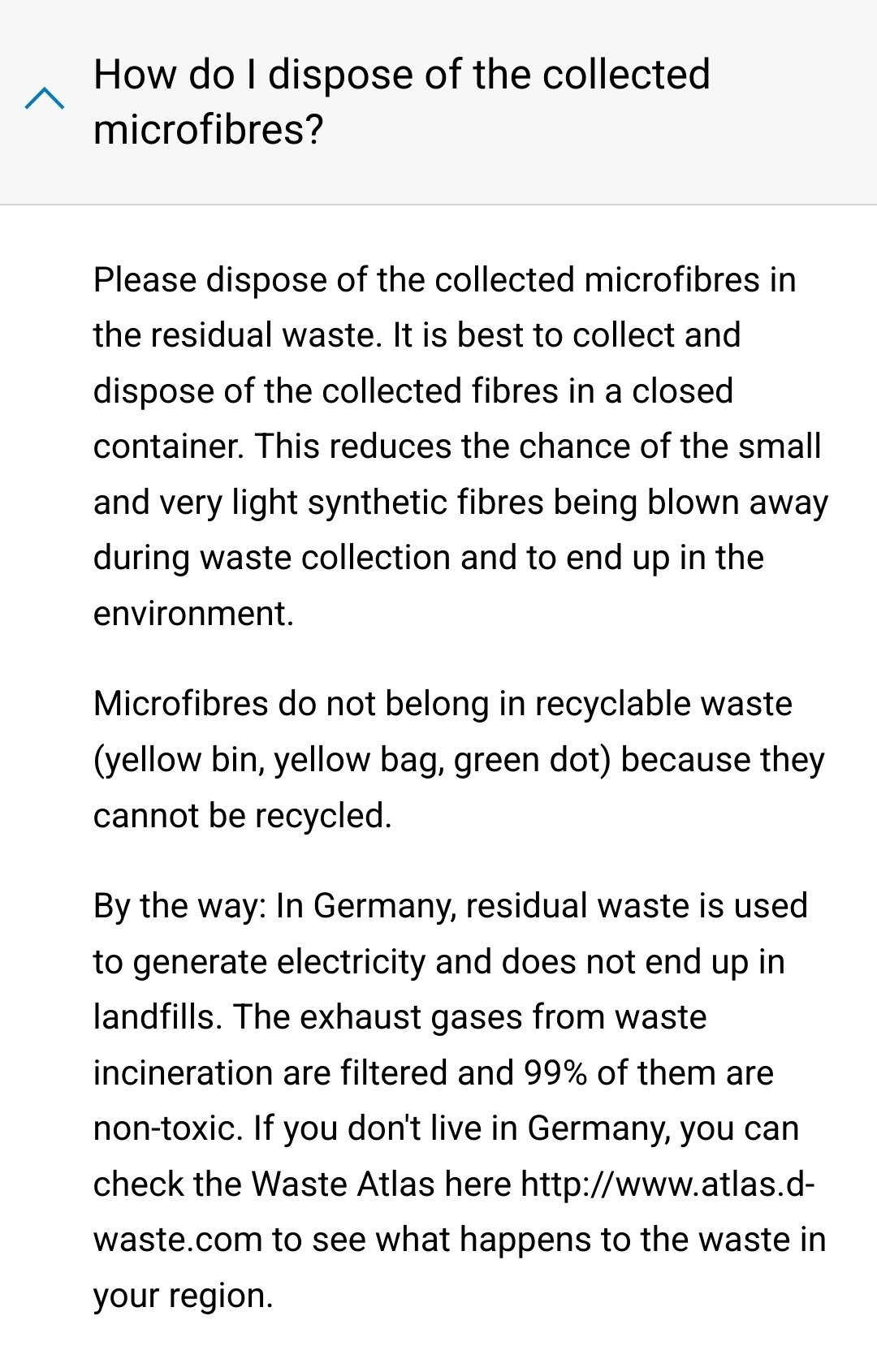Thank you. I did think about that also.
‘Volunteers’ did the counting, but surely they should have known or been informed that a quorum of votes equal to x% of the community are required for the vote to be valid. If the count doesn’t meet or exceed that value, discard the ballots.
Or even why was the vote permitted to take place in less than the required notification period? I presume the answer to these questions is either incompetence or bravado on the part of the board members taking their position for granted.
I find it unlikely that if the vote had went the other way, the board would have had the integrity to raise the same objections.








Based solely on your comment, I’m looking forward to watching a scene where Christian Bale goes around Wall Street collecting mugs in The Big Short 2: Polymer Boogaloo.